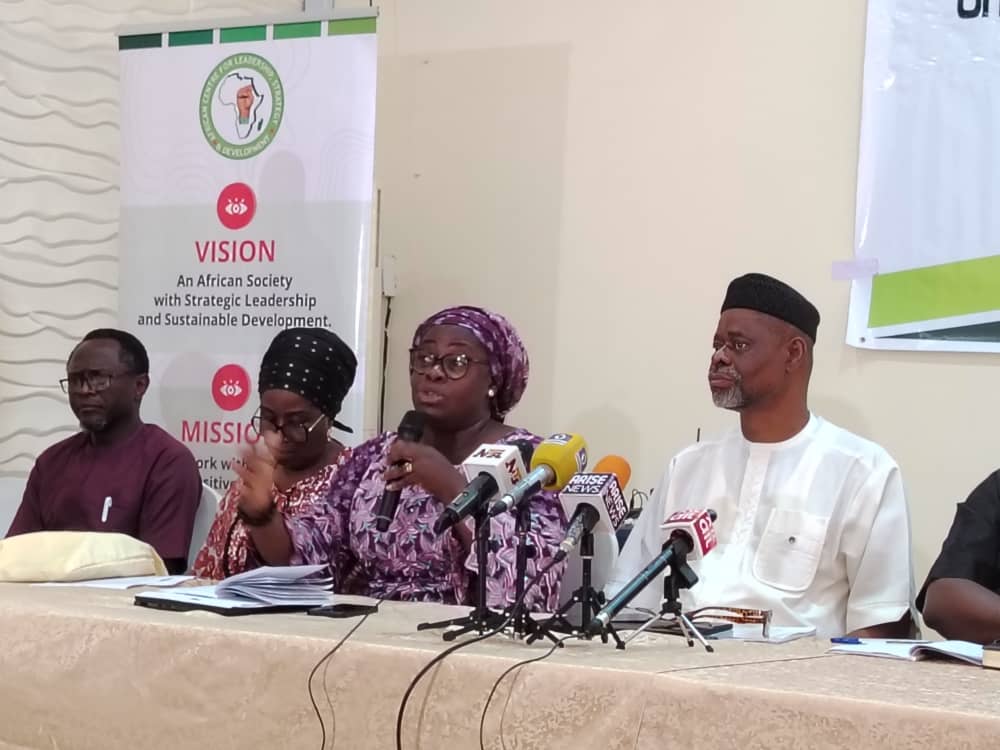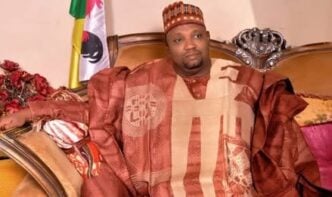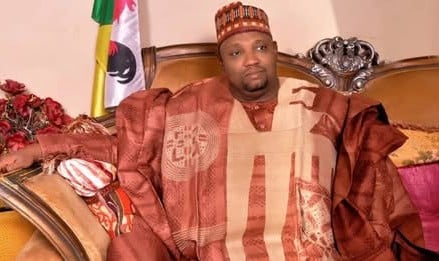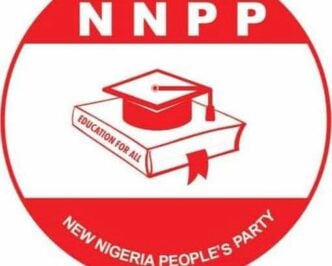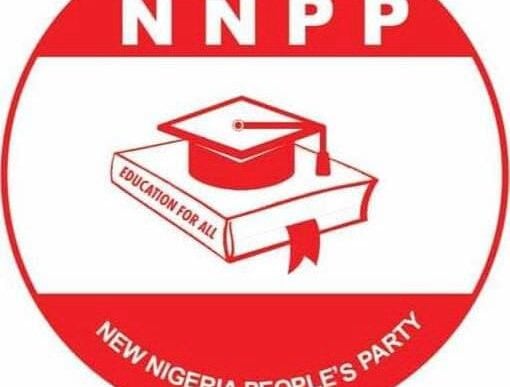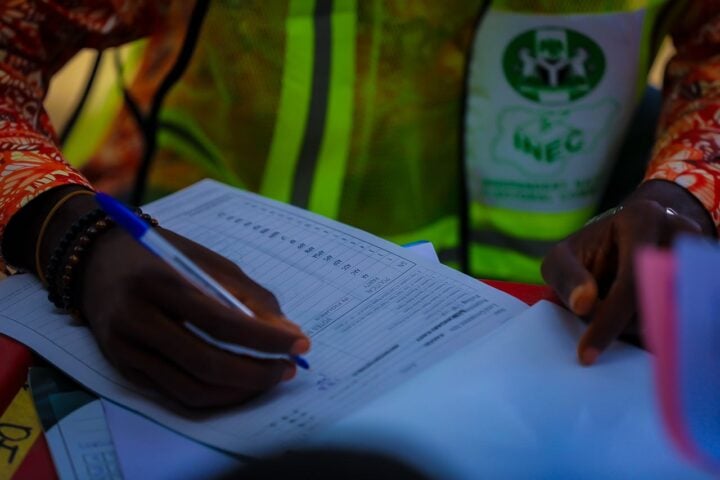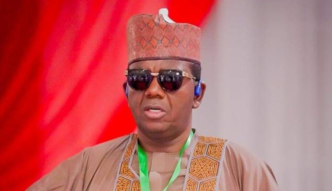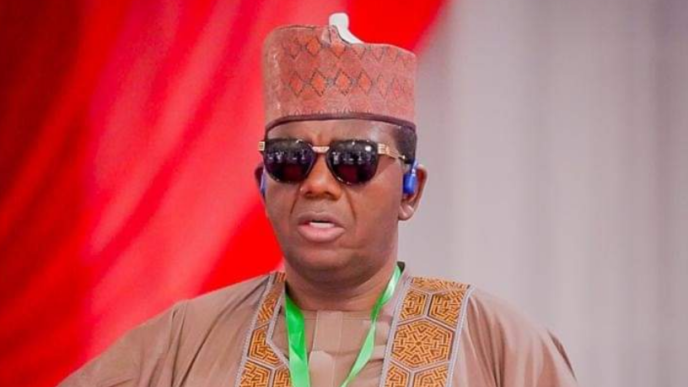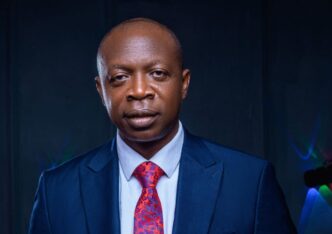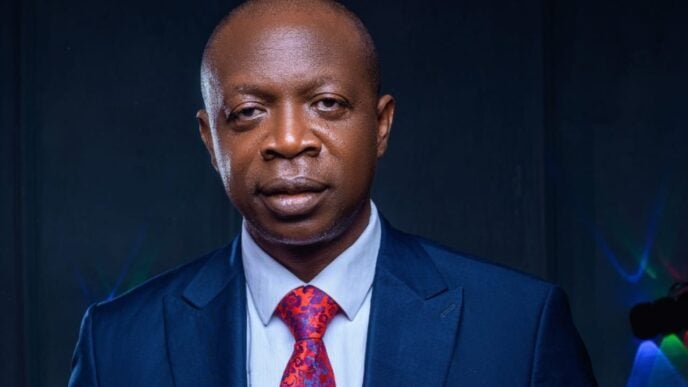The African Centre for Leadership, Strategy and Development (Centre LSD) has called on governments at all levels to prioritise funding and policy reforms that institutionalise male engagement in the prevention of gender-based violence (GBV) and the promotion of gender equality.
Speaking at a press conference in Abuja on Friday, Otive Igbuzor, founding executive director of Centre LSD, said the organisation is launching the Male Feminist Network (MFN) project to address systemic gender inequalities.
Igbuzor said the centre plans to train and mobilise at least 1,000 male leaders and grassroots influencers across the country over the next two years.
He said the initiative, supported by the Ford Foundation, will focus on promoting feminist principles and male allyship in communities, workplaces, and institutions.
Advertisement
“We are on a collective journey to end gender-based violence and to promote gender equality in Nigeria,” Igbuzor said.
He said women have been marginalised socially, economically, and politically in nearly all countries, including Nigeria.
“Statistics from the national demographic and health survey (NDHS) and reports by the National Bureau of Statistics reveal alarming figures—over 35 percent of Nigerian women have experienced physical violence, and millions more face emotional, sexual, and economic abuse,” Igbuzor said.
Advertisement
“We also know that patriarchal norms, entrenched in our cultural, social, and even legal systems, fuel these injustices.
“Too often, men are either direct perpetrators of violence or passive bystanders when harmful practices are carried out.”
He said the centre believes that men hold influence in homes, workplaces, religious spaces, politics, and traditional institutions, noting that when that influence aligns with feminist values, the impact is transformative.
He added that the project will also engage traditional, religious, and cultural leaders to adopt gender-sensitive practices.
Advertisement
“Our vision is to ensure that men across Nigeria are actively challenging GBV, supporting gender equality and women’s empowerment, and contributing to a society where women and girls can thrive,” he said.
“We will build a functional, inclusive, and visible national network of male feminists.
“We will amplify public awareness through strategic use of traditional and digital media to challenge toxic masculinity and promote inclusive gender narratives.”
He urged the Nigerian government to provide funding and introduce reforms to support institutionalised male engagement in gender justice efforts.
Advertisement
“To donors and development partners—join the Ford Foundation in funding this critical work. With more resources, we can scale this model not just in Nigeria but across Africa,” he said.
“To the private sector — partner with us to integrate male allyship into workplace policies and corporate social responsibility initiatives.”
Advertisement
Kyauta Giwa, chairperson of the Centre LSD board, said the launch of the MFN marks a collective commitment to reshape narratives and build a more equitable society.
“The Male Feminist Network is rooted in a simple but radical idea: that men must be allies, advocates, and active participants in the movement for gender justice,” Giwa said.
Advertisement
“Feminism is not just a women’s issue — it is a human issue.”
Advertisement
